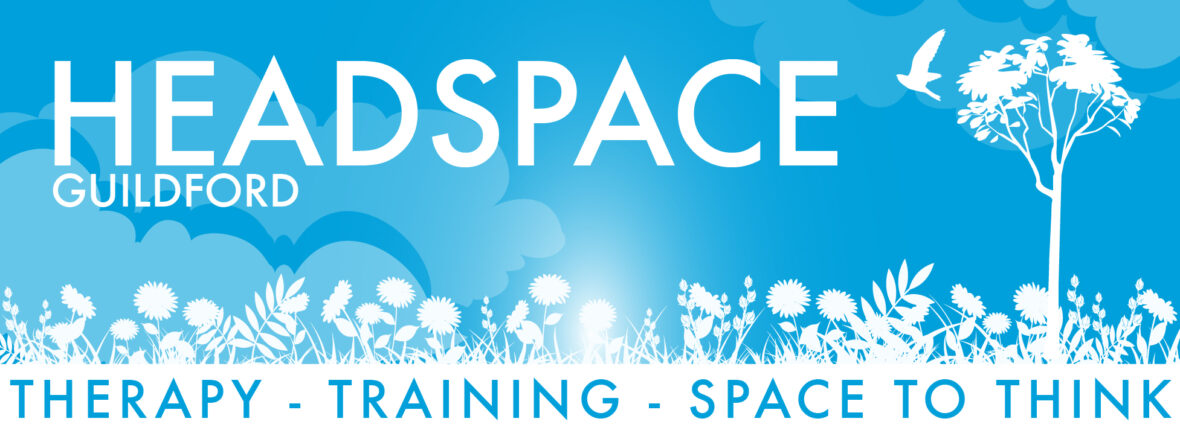It’s everywhere isn’t it? The newspapers, the TV, Social media. Everyone is talking about the return to school. Everyone is talking about what that might mean for young people (who have had so long away from school) and what it might mean for the country (in terms of infection rates). Honestly, with all these adults having an opinion about it, as a young person it’s hard to get a word in edge-ways.
And overall, that feels like a big gap generally – hearing what young people have to say about what’s happening and talking directly to young people rather than just hyping everything up for the adults around them. We’ve all been through a lot in the last few months, and everyone recognises that children and young people have been through a lot too.
There’s also quite a lot of rhetoric about what young people will look back on when they reflect on lockdown – much of which has been rose-tinted and talks about remembering their parents being home all the time and endless summer. That is undoubtably how some will remember it, but there will be many who won’t. Many who were just as scared as the adults were, many who didn’t understand why they couldn’t see their friends, many who hated the fact their parents had to work and were twice as stressed as normal. Many who were so fed up of zoom they wanted to stay in bed but were worried about falling behind. And yet more who were stuck inside without a garden, who were hungry because they didn’t get school lunches, who were frightened to be at home, many who were bored, lonely and unhappy. And lots who were just a bit all at sea with it all.
As parents, it’s easy to predict our own feelings on to our children. We feel guilty about not spending time with them so we imagine they’re upset about the same thing. We feel overwhelmed by the school kit list so assume their anger is because they are overwhlemed at going back to school too. We so often infer our own emotions into the behaviours we see. What I don’t think we do enough is to ask young people just what their world looks like, looking from their eyes and inside their heads.
We often don’t do this because it’s hard for them to explain, they don’t know how they feel or they don’t know what’s normal or not or they know but don’t have the words to explain. Or it’s too tangled up and they can’t separate it out. We often don’t do this because we’re busy and short of time and if they just did what I’m asking we could move on! We often don’t do this because we haven’t got the capacity to process the answer whilst being 5 minutes late for our own zoom call and needing to cook the tea simultaneously.
But when we do ask young people, and try and see the world from their eyes, we can actually take a step closer to a solution that works for everyone, that’s good for everyone’s mental health. It’s not a magic wand and it doesn’t just make everything alright. But it does help us understand. And from understanding comes growth.
So, in defiance of what seems to be happening nationally at the moment, let’s make time and space to listen to what children and young people have to say, and what things look like from their point of view.
